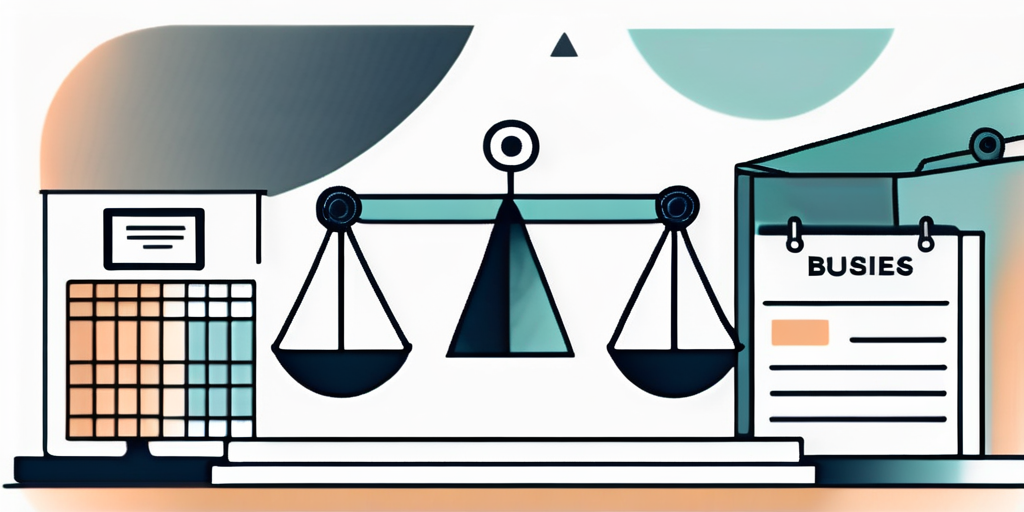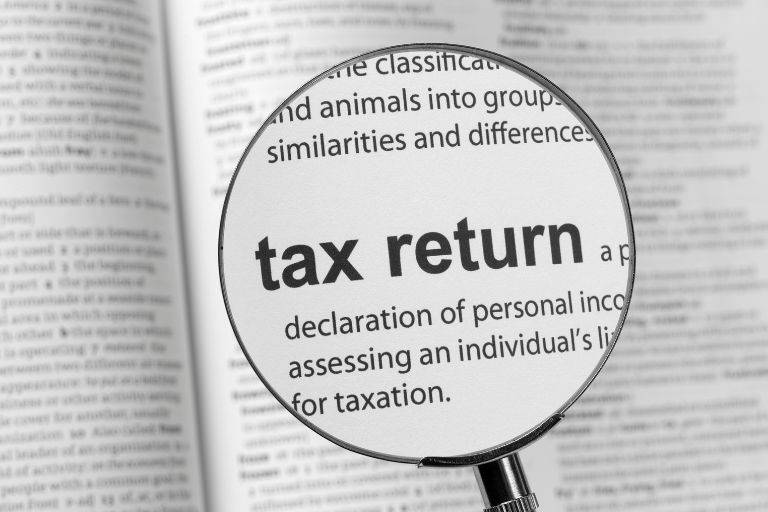Ladies and gentlemen, let’s talk about something that’s as fun as a root canal but twice as necessary – tax returns!
Yes, you heard it right. We’re diving into the thrilling world of business tax services. Buckle up, because it’s going to be a wild ride!
Now, you might be thinking, “Why on earth would I want to read about tax returns?” Well, my friend, because it’s as inevitable as death, and it’s always better to understand the beast before it comes knocking at your door. So, without further ado, let’s get started!
The Basics of Tax Returns
Before we dive into the nitty-gritty, let’s start with the basics. A tax return is a form (or forms, if you’re particularly unlucky) that you fill out to report your income, expenses, and other pertinent information to the tax authorities. It’s like a report card for adults, but instead of grades, you get a tax bill or a refund. Fun, right?
Now, the complexity of your tax return depends on a lot of factors. If you’re a simple salaried employee with no other income sources or deductions, your tax return might be as straightforward as a walk in the park. But if you’re a business owner, buckle up, because things are about to get complicated.
Individual vs. Business Tax Returns
As an individual, your tax return is relatively simple. You report your income, claim your deductions, calculate your tax, and voila, you’re done! But as a business, things are a bit more complicated. You have to account for things like business expenses, assets, liabilities, and a whole lot more.
And the forms! Oh, the forms. As an individual, you might just have to fill out one or two forms. But as a business, you could be looking at a whole stack of them. It’s like a never-ending game of paperwork Jenga, where the tower never falls, and the game never ends.
Why Do Businesses Need to File Tax Returns?
You might be wondering, “Why do businesses need to file tax returns?” Well, aside from the obvious answer of “because the government says so,” there are a few reasons. First, it’s a way for the government to keep track of how much money businesses are making and ensure they’re paying their fair share of taxes.
Second, it’s a way for businesses to report their income and expenses and calculate their tax liability. And third, it’s a way for businesses to claim deductions and credits that can reduce their tax bill. So, while it might be a pain in the neck, it’s also a necessary part of doing business.
Now that we’ve covered the basics of tax returns, let’s talk about business tax services. These are services provided by professionals (like accountants and tax attorneys) to help businesses navigate the complex world of taxes. Think of them as your tax sherpa, guiding you up the mountain of paperwork and regulations.
Business tax services can include things like tax preparation, tax planning, and tax consulting. They can also include more specialized services like international tax consulting, estate planning, and even tax litigation. Basically, if it involves taxes, there’s probably a service for it.
Tax Preparation
Tax preparation is probably the most common business tax service. This involves preparing and filing your business’s tax return. It’s like having a personal chef for your taxes – they do all the hard work, and you get to enjoy the results (or at least, not get audited).
But tax preparation isn’t just about filling out forms. It’s also about understanding the tax laws and regulations and applying them to your business. This can involve things like determining the best way to structure your business for tax purposes, identifying deductions and credits you can claim, and ensuring you’re in compliance with all relevant tax laws.
Tax Planning
Tax planning is all about looking ahead and making strategic decisions to minimize your tax liability. It’s like chess, but with taxes. The goal is to put yourself in the best possible position for when tax time rolls around.
This can involve things like timing income and expenses, choosing the right type of business entity, and taking advantage of tax-saving opportunities. It’s a proactive approach to managing your taxes, rather than a reactive one.
Tax Consulting
Tax consulting is a bit more specialized than tax preparation or planning. It involves providing advice and guidance on specific tax issues or situations. Think of it as having a tax guru on speed dial.
This can involve things like advising on the tax implications of a business transaction, helping with tax disputes, or providing guidance on international tax issues. It’s a more customized and personalized service, designed to address your specific tax needs.
Choosing a Business Tax Service Provider
Now that we’ve covered what business tax services are, let’s talk about how to choose a provider. This is a crucial decision, as the right provider can save you time, stress, and potentially a lot of money. But choose wrong, and you could end up with a bigger tax bill, or worse, an audit.

When choosing a provider, there are a few things to consider. First, you want to look at their qualifications and experience. Do they have a solid understanding of tax laws and regulations? Do they have experience with businesses similar to yours? Are they up-to-date with the latest tax changes?
Reputation
Reputation is another important factor. You want a provider who is known for their integrity and professionalism. Check out reviews and testimonials, and don’t be afraid to ask for references. Remember, this is someone you’re trusting with your financial information, so you want to make sure they’re trustworthy.
Also, consider how they treat their clients. Are they responsive and attentive? Do they take the time to explain things clearly and answer your questions? You want a provider who will be a partner in your business, not just a service provider.
Services Offered
Consider the services offered by the provider. Do they offer the services you need? Can they handle the complexity of your business? Remember, not all providers are created equal. Some may specialize in certain areas, while others may offer a broader range of services.
Also, consider their approach to service. Do they take a proactive approach, helping you plan and strategize to minimize your tax liability? Or do they take a more reactive approach, simply preparing your tax return and sending you on your way? The right approach can make a big difference in your tax outcome.
Cost
Finally, consider the cost. While it’s important to find a provider who offers the services you need and has a good reputation, you also need to consider your budget. Remember, the most expensive provider isn’t necessarily the best, and the cheapest isn’t necessarily the worst. It’s about finding the right balance of cost and value.
When comparing costs, be sure to consider what’s included in the fee. Does it include ongoing support and advice, or is it just for the preparation of your tax return? Are there additional fees for extra services? Make sure you understand what you’re getting for your money.
Conclusion
And there you have it, folks! A comprehensive, hilarious, and hopefully not too painful guide to tax returns and business tax services. Remember, taxes might not be fun, but they’re a necessary part of doing business. And with the right help, they don’t have to be a nightmare.
So, whether you’re a seasoned business owner or just starting out, I hope this guide has given you a better understanding of tax returns and the services available to help you navigate them. Now, go forth and conquer those taxes!


